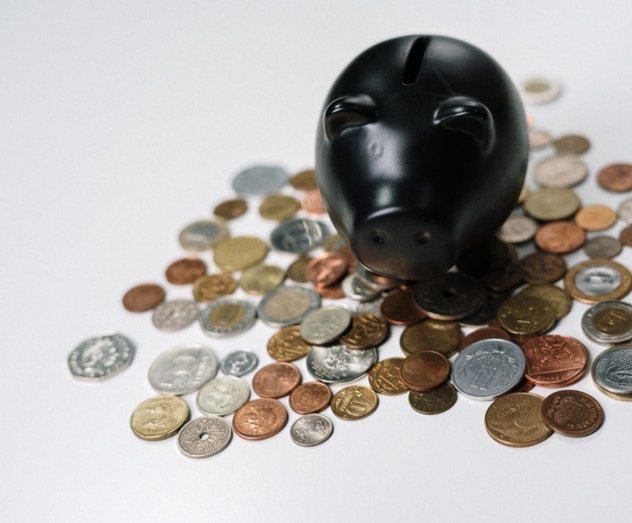Overcoming barriers and feeling proud with Miro Griffiths
From accessibility to attitudes, Miro discusses how he overcomes the barriers he faces on a daily basis
As a disabled person, I am always thinking about the barriers I encounter on a daily basis.
I spend a lot of time thinking, planning, and preparing for the amount of barriers I am going to experience.
These barriers come from all different places – they come from the way the environment is built (such as places that are not accessible for wheelchair users); they come from people's attitudes (people who do not respect or value me); and they come inadequate policies and laws (that do not give me sufficient support to do the things I want to do with my life).
The key thing here, is to remember that we, as disabled people, are not responsible or at fault for the barriers we experience.
We have nothing to apologise for, and we should not feel ashamed for how our bodies work or for how we think about and understand information.
Accessible and inclusive
The responsibility is on everybody, in society, to make the world an accessible and inclusive place.
We should not have to change ourselves in order to fit in. Our communities and societies need to be open and welcoming for everybody – no matter our background and support requirements.
It can be very frustrating when we experience barriers. We just want to live our life and focus on the things that we find interesting.
We have access needs – that means we have requirements that need to be acknowledged, understood, and fulfilled so that we can take part in activities.
I like to tell people about my access needs so they know what they need to do to include me – it may be a wheelchair accessible venue, organising accessible transport, or paying for my personal assistant to attend with me.
Never apologise for the support that you need
Building accessible and inclusive spaces means you need to be recognised as an expert in your life. You are best placed to say what needs to happen so that you can be included.
Never apologise for the support that you need and always remember that it is the responsibility of others to ensure you can take part.
Try to be open about what support you need or want and think about how your support may change throughout your life.
The support I received when I was studying at school was different to the support I needed at college, and different again to what I needed when I was at university.
Now, I work at a university and have lots responsibilities to my family and my local community.
My support needs to be built around the things that are important to me in my daily life; it needs to be built around my responsibilities as a partner, friend, uncle, sibling, neighbour, and employee.
The support I receive needs to be flexible and meet my needs as they change throughout my life.
Accessing support can be very hard. People often reject my request for support and I have to remember that I have rights (called human rights) that entitles me to access sufficient support that meets all my needs.
Disabled people's organisations
I can feel very frustrated when people deny my rights and stop me from taking part or stop me from having enough support to do things I want to do with my life.
When I get frustrated or I don't know how to access support I contact local disabled people's organisations – or DPOs.
DPO's are organisations that are run and controlled by disabled people, people like me; that means I know they will have similar experiences to me and they will also feel passionate about people getting enough support to live their life.
Find out who your local DPO is and say hello!
I am proud of my identity as a disabled person and I like to tell people I am a disabled person.
I would like more disabled people, especially young people, to get involved in campaigning
I remind people that the barriers I experience are not because of my health needs or physical impairment. I tell people that the barriers I experience are there because of how society is organised.
I enjoy getting involved in campaigns that will improve opportunities for disabled people to be part of their communities – and I would like more disabled people, especially young people, to get involved in campaigning.
I ask people, who are disabled and who are nondisabled, if they would like to get involved in campaigns to improve disabled people's lives and help build accessible and inclusive societies.
Maybe you want to get involved in campaigns, too?
View all of our great Money Matters videos and blogs
View all



